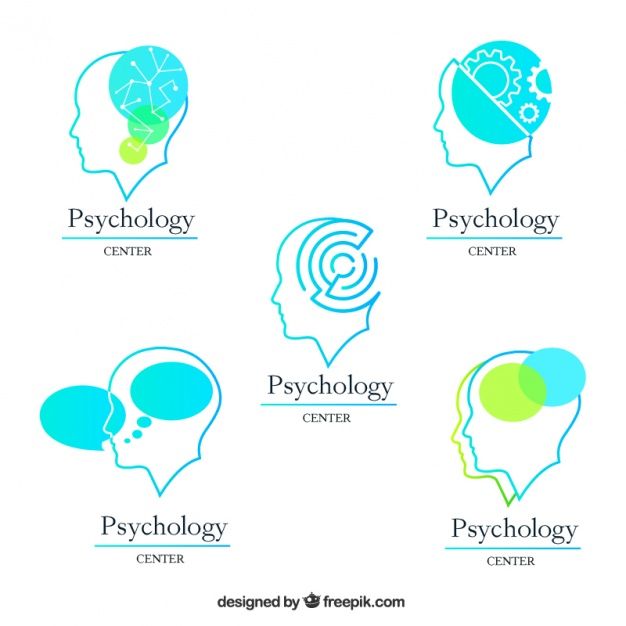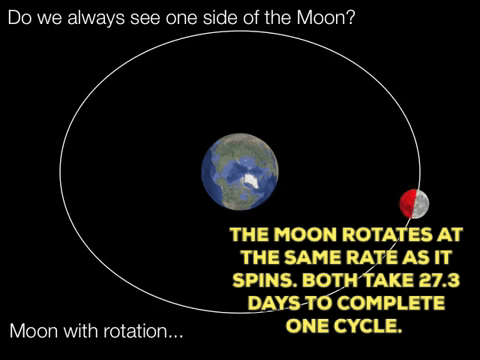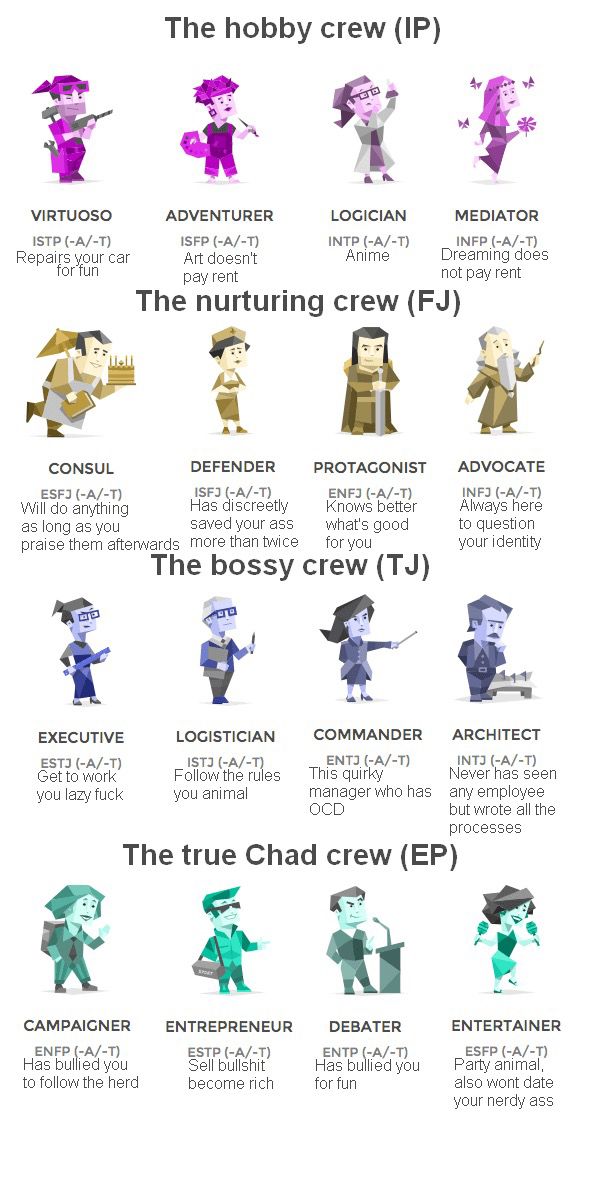Problems with children of divorced parents
Parental divorce or separation and children's mental health
An increasing number of children across the world experience family instability due to divorce/separation and the consequences of non‐marital childbearing/cohabitation1.
Alternatives to stable marriage are most common in Western countries (including Australia and New Zealand) and less common but growing in industrializing Asia. Cohabitation, which is more unstable than marriage, is especially common in Northern and Western Europe, necessarily lowering rates of divorce but not of single‐parent households.
The US has been a “leader” in family change with an early (rising in the late 1960s) and high increase in divorce, followed by an explosion in non‐marital birth with or without cohabitation. Divorce increased in most other Western nations a decade or two later; industrializing Asia appears to be in the midst of change. Today, only about 60% of US children live with their married, biological parents, a low second only to Latvia.
Some call family instability a major public health problem for children; others see divorce/separation as relatively innocuous, even a positive change, especially for women in unhappy marriages or children exposed to high conflict.
Research has documented that parental divorce/separation is associated with an increased risk for child and adolescent adjustment problems, including academic difficulties (e.g., lower grades and school dropout), disruptive behaviors (e.g., conduct and substance use problems), and depressed mood2.
Offspring of divorced/separated parents are also more likely to engage in risky sexual behavior, live in poverty, and experience their own family instability. Risk typically increases by a factor between 1.5 and 2.
Still, most children whose parents divorce are resilient and exhibit no obvious psychological problems. It is important to recognize, however, that even resilient young people from divorced families often report painful feelings or encounters, such as worrying about events like graduations or weddings when both parents will be present3.
Many associated risk factors – for example, lower income and parent conflict – are linked with non‐random selection into family stability and/or are consequences of family break‐up. To help rule out potential confounds, researchers have used a variety of methods, including measuring covariates and employing designs, such as children‐of‐twin studies, that account for unmeasured environmental and genetic factors that could influence both generations2, 4. Controls for such confounds reduce but do not eliminate the risk tied to parental divorce, consistent with causal inference.
A wealth of research also points to factors mediating the association, including less effective parenting, interparental conflict, economic struggles, and limited contact with one parent, typically the father (listed in decreasing order of the magnitude of their relation with children's mental health)5. Marital instability presents not a single risk factor, but a cascade of sequelae for children.
Individual, family, ethnic and cultural factors moderate the risks associated with changes in children's family life, underscoring the importance of recognizing family diversity.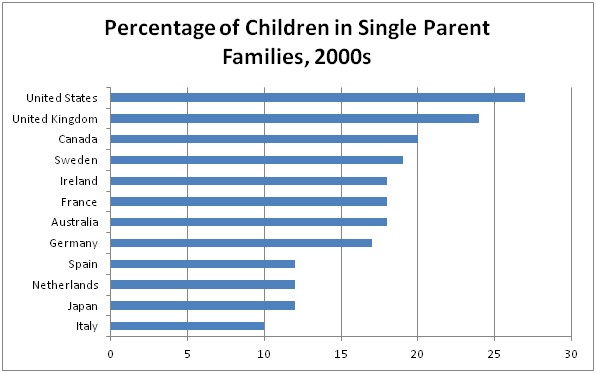 In the US, for example, parental separation is associated with more socioemotional problems among white children than black or Hispanic children2. Acceptance of alternatives to marriage and extended family support contribute to such ethnic variation.
In the US, for example, parental separation is associated with more socioemotional problems among white children than black or Hispanic children2. Acceptance of alternatives to marriage and extended family support contribute to such ethnic variation.
Understanding family change and its consequences is critical to health care professionals across numerous settings. Physicians treating children may observe warning signs, be asked to help children cope with family transitions, or face parental disputes about a child's well‐being or needed treatment. Schools encounter similar opportunities and difficulties.
Children and adult offspring of separated parents are over‐represented in the mental health system. Most mental health interventions target the known mediators of risk, such as parenting problems or family conflict. Structured interventions offering parenting support and education have been shown to reduce children's psychological problems6. Unfortunately, few mental health interventions for divorcing families have been carefully studied.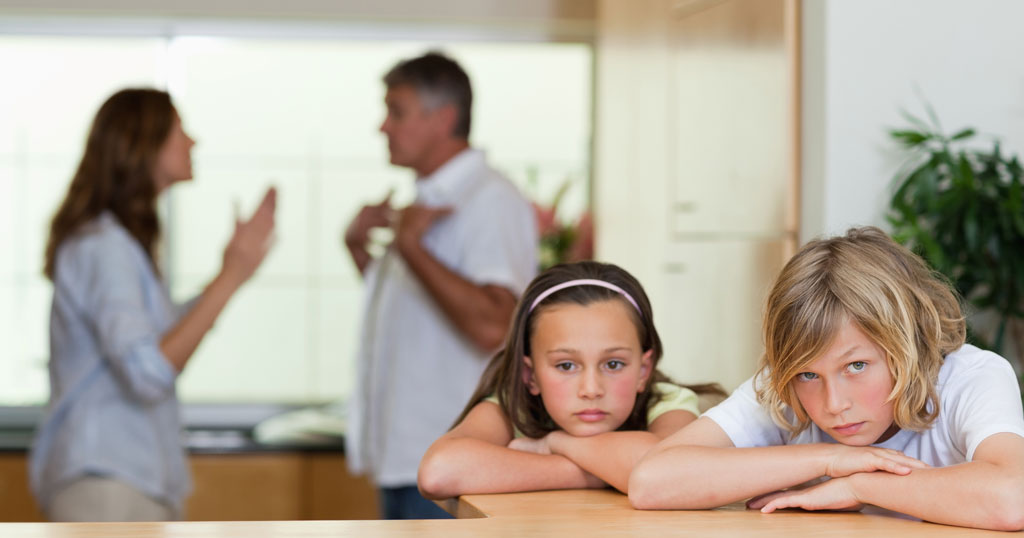
Separation/divorce also raises legal concerns bearing on the well‐being and custody of children. The “best interests of children” is the prevailing custody standard, and “best” typically is interpreted in psychological terms (as opposed to, for example, economic ones). Mental health professionals and others may become involved, willingly or unwillingly, as expert witnesses in custody contests. Alternatively, some professionals promote or offer alternative dispute resolution, such as mediation.
Mediators are neutral third parties who help parents living apart to resolve disputes themselves. In addition to dispute settlement, mediation potentially benefits children by lowering conflict, improving parenting, and encouraging both parents to remain an active presence in their children's lives. One randomized trial with a 12‐year follow‐up demonstrated that mediation produced all of these outcomes relative to litigation5, 7. Another randomized study found that carefully involving children in the process improved the success of mediation7.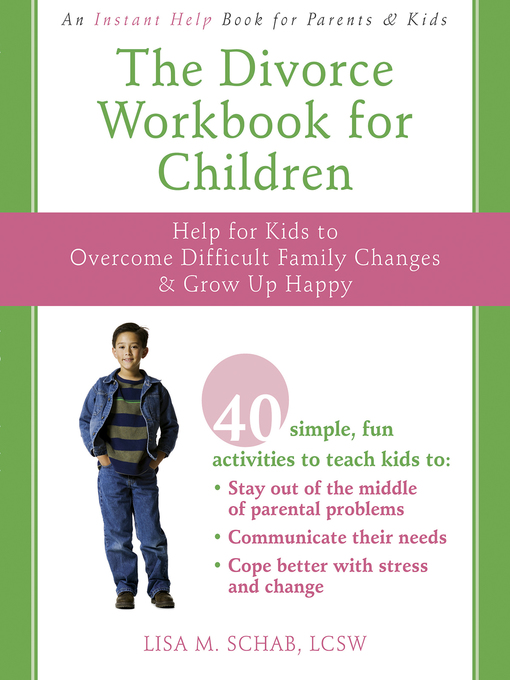
While initial results are promising, mediation and many other legal and mental health interventions demand rigorous study, as well‐intentioned services may have no effect or may even be harmful for some individuals, while wasting limited resources8.
Mental health professionals also can play a critical role in advising parents, and perhaps in the development of law and policy. One controversial issue is how strongly, and under what circumstances, to promote joint physical custody, sharing 25‐50% parenting time9. Joint legal custody, which involves legally sharing important decisions, including elective medical care, is becoming ubiquitous. It has increased in the US and in many Western countries, but still typically comprises a minority of separated families (from 15 to 50% across countries)9. Fathers groups are currently advocating for a universal 50/50 shared time presumption.
While such agreements may benefit numerous families, many experts, including ourselves, worry that such a presumption may offer the “right” solution for the wrong group of parents: the 10% or fewer who contest custody in court5.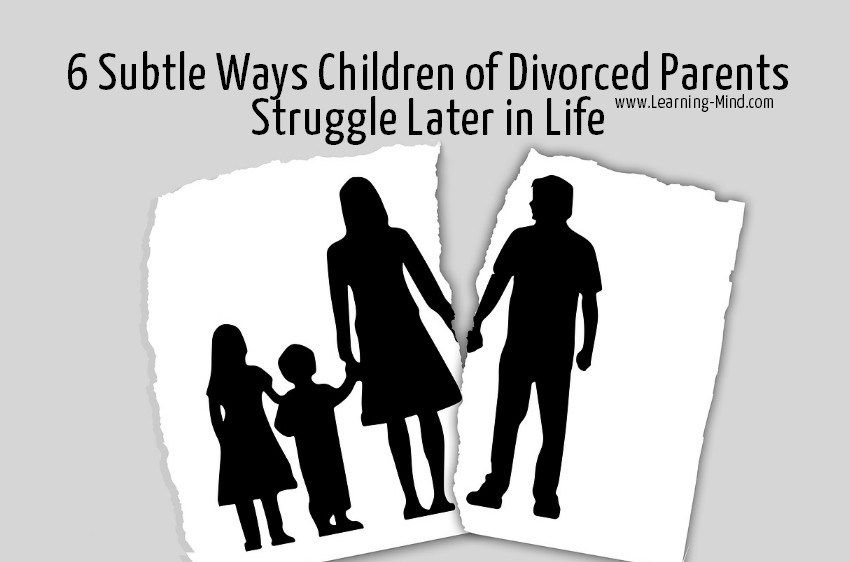 Other concerns we share include avoiding extensive time away from attachment figures among very young children, avoiding placing excessive travel demands on children in order to share parenting time across long distances, whether shared time needs to be precisely 50/50, and if some child mental health problems (e.g., autism spectrum) or personality (e.g., high conscientiousness) make shared custody less likely to work5.
Other concerns we share include avoiding extensive time away from attachment figures among very young children, avoiding placing excessive travel demands on children in order to share parenting time across long distances, whether shared time needs to be precisely 50/50, and if some child mental health problems (e.g., autism spectrum) or personality (e.g., high conscientiousness) make shared custody less likely to work5.
There is, therefore, a critical need for studies on interventions, including policy changes, that consider the risks, role of resiliency, and heterogeneity in the consequences associated with family instability.
1. Organisation for Economic Co‐operation and Development . Family database. http://www.oecd.org/social/family/database.htm.
2. Dohoon L, McLanahan S. Am Sociol Rev 2015;80:738‐63. [PMC free article] [PubMed] [Google Scholar]
3. Laumann‐Billings L, Emery RE. J Fam Psychol 2000;14:671‐87. [PubMed] [Google Scholar]
4. D'Onofrio BM, Turkheimer E, Emery R et al.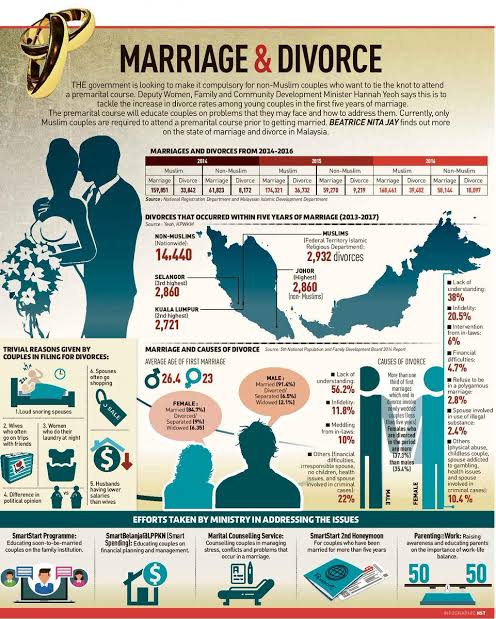 J Abnorm Psychol 2005;114:1130‐44. [Google Scholar]
J Abnorm Psychol 2005;114:1130‐44. [Google Scholar]
5. Emery RE. Two homes, one childhood: a parenting plan to last a lifetime. New York: Avery, 2016. [Google Scholar]
6. Wolchik SA, Sandler IN, Millsap RE et al. JAMA 2002;16:1874‐81. [PubMed] [Google Scholar]
7. Ballard RH, Holtzworth‐Munroe A, Applegate AG et al. Psychol Publ Policy Law 2013;19:271‐81. [Google Scholar]
8. Rudd BN, Poladian AR, Holtzworth‐Munroe A et al. J Fam Psychol 2017;31:381‐6. [PubMed] [Google Scholar]
9. Smyth BM. Fam Court Rev 2017;55:494‐9. [Google Scholar]
What Are the Effects of Divorce on Children?
Divorce can be a difficult time for a family. Not only are the parents realizing new ways of relating to each other, but they are learning new ways to parent their children. When parents divorce, the effects of divorce on children can vary. Some children react to divorce in a natural and understanding way, while other children may struggle with the transition.
Children are resilient and with assistance the divorce transition can be experienced as an adjustment rather than a crisis.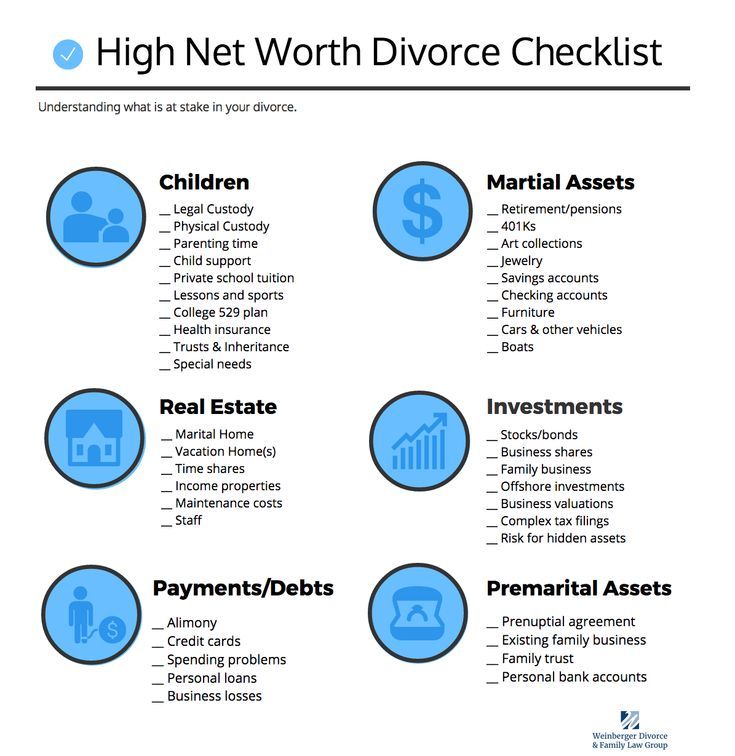 Since the children in a divorce vary (different temperaments, different ages), the effects of divorce on children vary, too. FamilyMeans understands this and approaches a divorce by understanding what the effects are on children of all dispositions.
Since the children in a divorce vary (different temperaments, different ages), the effects of divorce on children vary, too. FamilyMeans understands this and approaches a divorce by understanding what the effects are on children of all dispositions.
With this in mind, here are some of the most commonly seen effects divorce has on children FamilyMeans can help parents manage:
Poor Performance in Academics
Divorce is difficult for all members of the family. For children, trying to understand the changing dynamics of the family may leave them distracted and confused. This interruption in their daily focus can mean one of the effects of divorce on children would be seen in their academic performance. The more distracted children are, the more likely they are to not be able to focus on their school work.
Loss of Interest in Social Activity
Research has suggested divorce can affect children socially, as well. Children whose family is going through divorce may have a harder time relating to others, and tend to have less social contacts.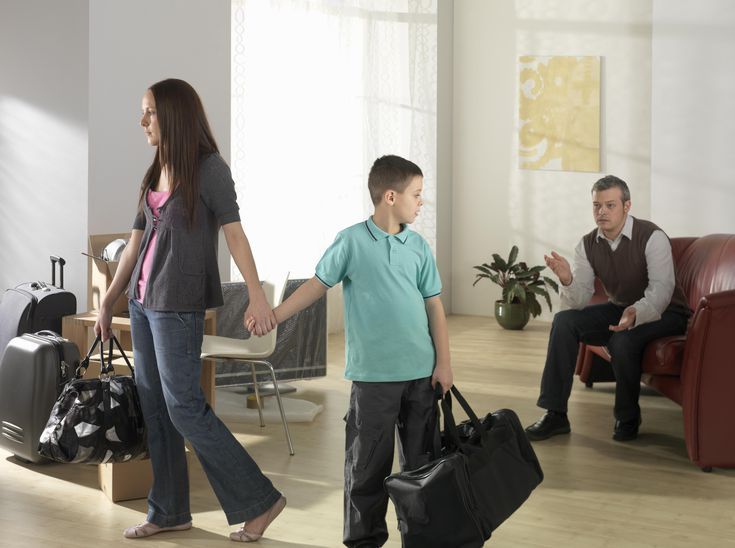 Sometimes children feel insecure and wonder if their family is the only family that has gotten divorced.
Sometimes children feel insecure and wonder if their family is the only family that has gotten divorced.
Difficulty Adapting to Change
Through divorce, children can be affected by having to learn to adapt to change more often and more frequently. New family dynamics, new house or living situation, schools, friends, and more, may all have an effect.
Emotionally Sensitive
Divorce can bring several types of emotions to the forefront for a family, and the children involved are no different. Feelings of loss, anger, confusion, anxiety, and many others, all may come from this transition. Divorce can leave children feeling overwhelmed and emotionally sensitive. Children need an outlet for their emotions – someone to talk to, someone who will listen, etc. – children may feel effects of divorce through how they process their emotions.
Anger/Irritability
In some cases, where children feel overwhelmed and do not know how to respond to the affects they feel during divorce, they may become angry or irritable. Their anger may be directed at a wide range of perceived causes. Children processing divorce may display anger at their parents, themselves, their friends, and others. While for many children this anger dissipates after several weeks, if it persists, it is important to be aware that this may be a lingering effect of the divorce on children.
Their anger may be directed at a wide range of perceived causes. Children processing divorce may display anger at their parents, themselves, their friends, and others. While for many children this anger dissipates after several weeks, if it persists, it is important to be aware that this may be a lingering effect of the divorce on children.
Feelings of Guilt
Children often wonder why a divorce is happening in their family. They will look for reasons, wondering if their parents no longer love each other, or if they have done something wrong. These feelings of guilt are a very common effect of divorce on children, but also one which can lead to many other issues. Guilt increases pressure, can lead to depression, stress, and other health problems. Providing context and counseling for a child to understand their role in a divorce can help reduce these feelings of guilt.
Introduction of Destructive Behavior
While children go through a divorce, unresolved conflict may lead to future unexpected risks.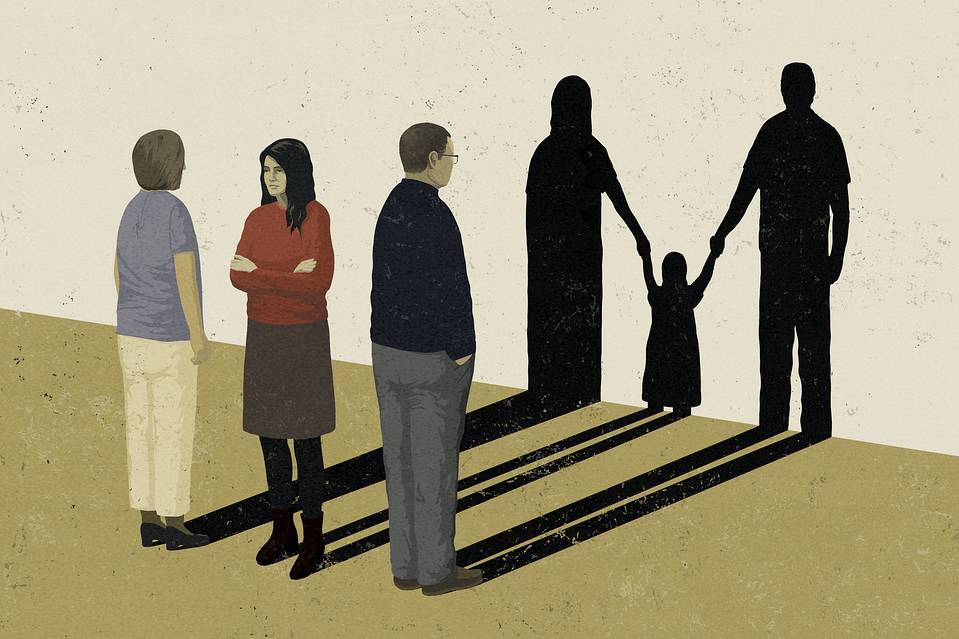 Research has shown children who have experienced divorce in the previous 20 years were more likely to participate in crimes, rebelling through destructive behavior which harms a child's health, with more children reporting they have acquired smoking habits, or prescription drug use.
Research has shown children who have experienced divorce in the previous 20 years were more likely to participate in crimes, rebelling through destructive behavior which harms a child's health, with more children reporting they have acquired smoking habits, or prescription drug use.
Increase in Health Problems
The process of divorce and its effects on children can be a stressful. Dealing with these issues can take its toll, including physical problems. Children who have experienced divorce have a higher perceptibility to sickness, which can stem from many factors, including their difficulty going to sleep. Also, signs of depression can appear, exacerbating these feelings of loss of well-being, and deteriorating health signs.
Loss of Faith in Marriage and Family Unit
Finally, despite hoping to have stable relationships themselves when they grow up, research has also shown children who have experienced divorce are more likely to divorce when in their own relationships.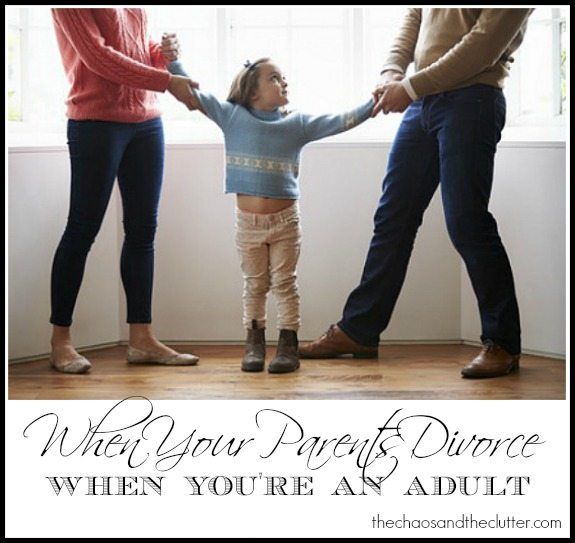 Some research indicates this propensity to divorce may be two to three times as high as children who come from non-divorced families.
Some research indicates this propensity to divorce may be two to three times as high as children who come from non-divorced families.
Yet, while these are some of the possible effects of divorce on children, they are by no means absolutes, or written in stone. More and more, families understand just how stressful divorce is for their children, as well as their selves. Families have begun to turn to supportive services such as at FamilyMeans, seeking help to find a peaceful way to divorce. Through our Collaborative Divorce program, we are helping families more successfully navigate this transition, both for the sake of the parents, and for the children involved.
To learn how we can help you through your divorce, contact FamilyMeans today for more information.
Divorce and attachment disorders in children //Psychological newspaper
I would like to talk about what happens to children when parents get divorced. It is not always possible to maintain relationships between parents, but knowing what children experience during a divorce will help loved ones who love them better understand what is happening with children, spare and take into account their feelings.
Divorce refers to those events in a child's life that often lead to the appearance of neurotic symptoms - bedwetting, aggressiveness, depression, regression, psychosomatic illness, difficulties at school, etc.
1. PAIN
The manifestation of open pain is the only way to overcome it. Otherwise, it cannot be "recycled", and then deep scars in the form of psychological trauma remain forever in the child's soul. Parental divorce brings pain to children as the child's basic needs for stability, security, security, love and acceptance are not met.
2. FEAR OF separation, rejection and betrayal
Divorce or the departure of one of the parents causes a number of fears in children. First of all, it is the fear of never seeing the parent again. And that means forever losing the person you love the most. Often another fear joins, especially characteristic of young children. After all, parents often explain the reasons for divorce as follows: “We don’t love each other anymore and quarrel a lot,” etc.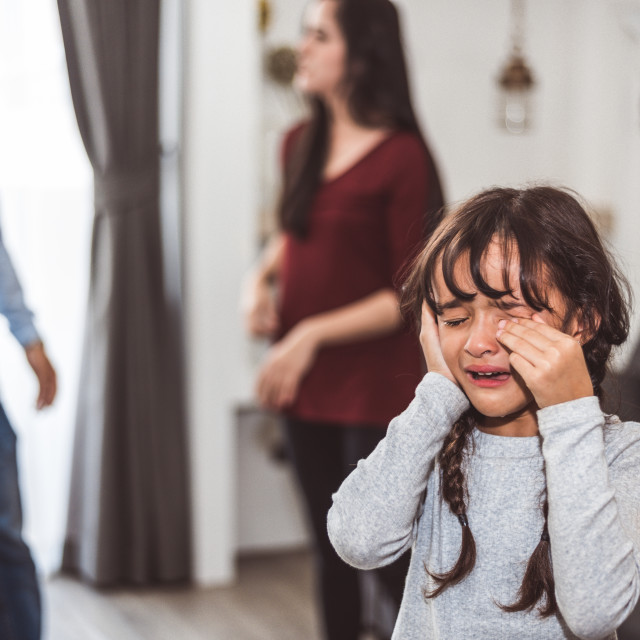 This is where the illusion that children kept, whose life has so far been more or less happy, can be destroyed, and Namely: their faith in the eternity of love. They suddenly learn that love also has an end. The child asks himself the question: “If love also ends (as now between mom and dad), who knows if one day mom’s or dad’s love for me will end?” This means that children in the course of a divorce begin to seriously fear that maybe one day they will be abandoned by their parents. nine0003
This is where the illusion that children kept, whose life has so far been more or less happy, can be destroyed, and Namely: their faith in the eternity of love. They suddenly learn that love also has an end. The child asks himself the question: “If love also ends (as now between mom and dad), who knows if one day mom’s or dad’s love for me will end?” This means that children in the course of a divorce begin to seriously fear that maybe one day they will be abandoned by their parents. nine0003
3. LOSS OF PART OF YOUR PERSONALITY
Separation does not “just” cause frustration, sadness and fear, but also a kind of loss of self. Children build into their own personality part of a loved one. Therefore, the departure of a parent takes away from the child part of his personality. The impact of separation on children is much more dramatic than on adults, because a huge part of their own personality development is based on identification with aspects of the parents' personalities as they perceive them.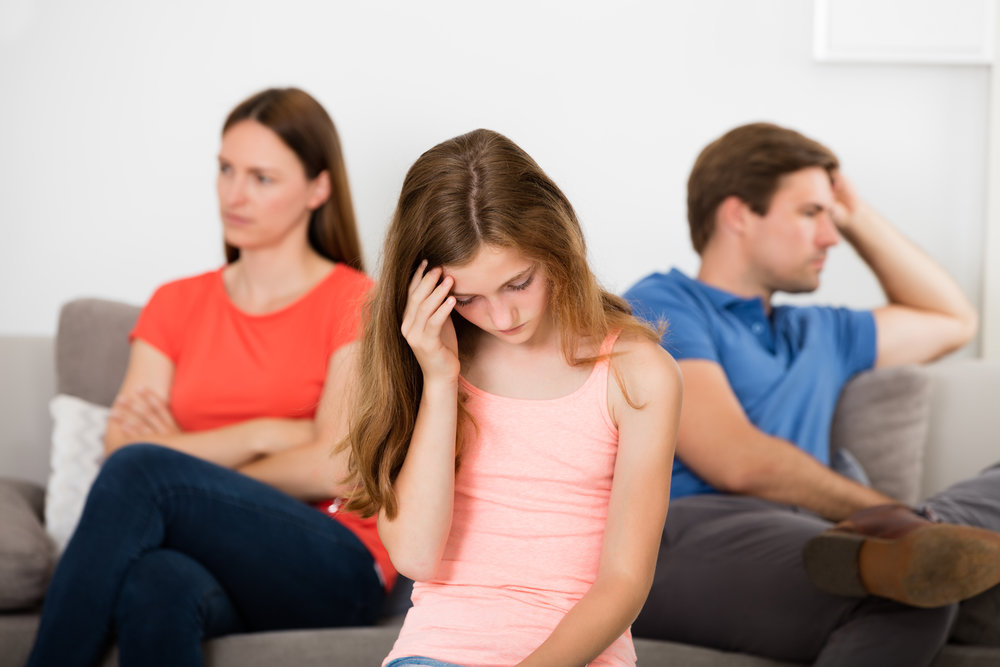 Thus, separation does not just make the child largely lonely, it literally "halves" him. nine0003
Thus, separation does not just make the child largely lonely, it literally "halves" him. nine0003
4. AGGRESSION and GUILT
Divorce of parents causes aggressiveness in children. It appears from the fact that the child feels abandoned, betrayed, he feels that his desires do not command respect. Aggression can counter fear. For the most part, children direct their rage against the parent they believe is responsible for the divorce.
Many children blame themselves for the divorce. And the younger the children, the more often they feel guilty. This is where the developmental stage of the child plays an important role. A child is egocentric by nature, that is, he feels himself the center of the universe and simply cannot imagine that anything in this world happens without his participation. Children have a kind of magical character of thinking. Often in family conflicts, it is the children who act as mediators, trying to reconcile the parents, and if this fails, then for the child this means the failure of his efforts.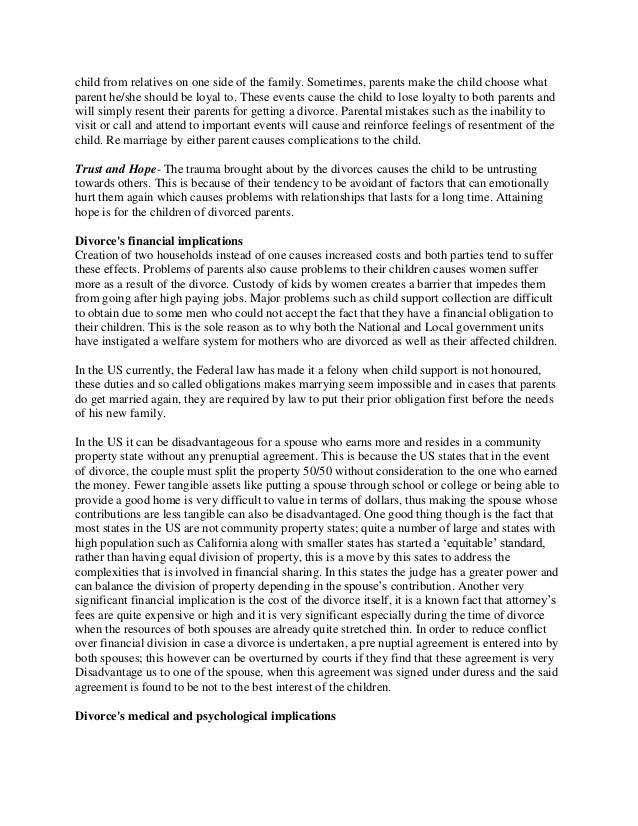 nine0003
nine0003
Part of the aggressive symptomatology that children develop during a divorce does not just stem from frustration, rage, or childhood fears, it is also largely driven by guilt.
Children must be able to regress in order to be able to restore the trust that was lost during the divorce. The manifestations of regressions include increased dependence, the need to control the parent, a tendency to tears and whims, it can also be bedwetting, fits of rage, etc.
5. DEVELOPMENT OF NEUROTISATION
If the conflicts and fears of children at this time greatly increase, then a breakdown of the protection system may occur. The defense system is understood as the mental balance that we unconsciously create throughout our lives in order to be able to overcome our intrapsychic conflicts. When this equilibrium of ours and our unconscious life strategies break down, old conflicts - in this case those experienced before divorce - take on their former relevance and become the cause of panic and fear, as well as affects that the child is unable to overcome. It comes down to regression of personality to an earlier stage of development. This abrupt breakthrough of old intrapsychic conflicts and the unbearable affects associated with them (which were repressed in due time) leads to an exorbitant increase in the already too great insecurity and fear of the child. nine0003
It comes down to regression of personality to an earlier stage of development. This abrupt breakthrough of old intrapsychic conflicts and the unbearable affects associated with them (which were repressed in due time) leads to an exorbitant increase in the already too great insecurity and fear of the child. nine0003
What does all of this mean? For fear of being completely flooded with fears, the "I" of the child will try to put an end to this suffering as soon as possible. And then he will have no choice but to erect a new defense against negative feelings, activated by divorce and the breakdown of the defense that once took place. This means that old feelings, thoughts and fantasies will be repressed, but sooner or later they will return again, albeit in an altered form, namely, in the form of neurotic symptoms that do not appear immediately. They may remain outwardly invisible, or they may be expressed in forms that are seen by others as quite positive changes in behavior: children, for example, seem calmer, become more diligent at school, and many mothers are glad that the child no longer yearns for his father and adapts better to circumstances. nine0003
nine0003
Emotional problems of parents, which become the true cause of divorce, lead to pathological distortions of the relationship between mother and child.
The child must not only be sure that mom and dad continue to love him, he must know that he himself has the right to continue to love both parents. If parents do not find a common language with each other, this leads children to severe conflicts of loyalty.
Conflicts between parents do not end even after a divorce, for which children pay with their relationship with the departed parent. The fear of the remaining parent of losing the love of children often guides his desire for the departed parent to completely disappear from the life of the child forever. This fear can manifest itself in many ways: from casually thrown unpleasant remarks about the departed parent to: “Dad was very angry with us, and therefore he left us” or “Dad wants to take you away from me!” or even to open bans on seeing your father or mother. nine0003
nine0003
It is extremely difficult for a child to suddenly move from a tripartite relationship to two duality. That is, it is one thing when a child can maintain relations with two parents at the same time, and quite another when he can see his father only if he refuses his mother, and vice versa. The child has a fear of losing his father or mother altogether. Visits by the other parent - except in the most difficult cases - should never be interrupted, because the breakup of the relationship will interfere with a more relaxed adjustment to the new situation. The disappointment of the child will only grow, as a result of which he may completely abandon the departed parent. And it is unlikely that the later resumption of relations will become possible, and the child will lose part of his love and trust. nine0003
The desire to cut contact with the parent may also come from the child himself. It is the result of an unconscious reworking of the conflict, in which the child attributes the blame for the divorce to the departed parent, or responds with rage and resentment at being abandoned.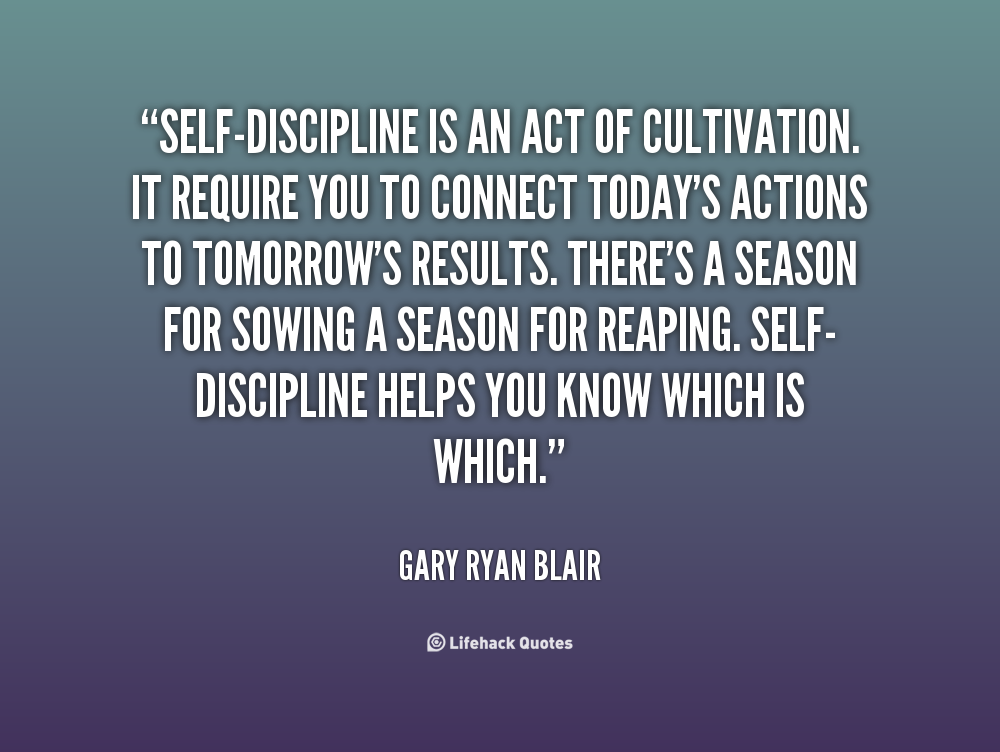 Or maybe his own sense of guilt makes him fear the revenge of his parent. The conflict of loyalty can become so unbearable that the child will have no choice but to "split" the images of the parents, that is, he - of course, unconsciously - will make the departed parent guilty and bad in everything, and the other parent, thus, will become innocent and good. . It can be said that the child, to a certain extent, refuses one of the parents in order to be able to fearlessly exist with the other, identifying himself with him in complete harmony. nine0003
Or maybe his own sense of guilt makes him fear the revenge of his parent. The conflict of loyalty can become so unbearable that the child will have no choice but to "split" the images of the parents, that is, he - of course, unconsciously - will make the departed parent guilty and bad in everything, and the other parent, thus, will become innocent and good. . It can be said that the child, to a certain extent, refuses one of the parents in order to be able to fearlessly exist with the other, identifying himself with him in complete harmony. nine0003
Most often, a person is only able to part with another when he “makes” another “notorious scoundrel” or “feisty witch” out of another! Thus, the child loses much of his sense of worth and trust in his beloved adults. In a girl, a long separation from her mother as an object of identification (self-definition) can lead to a splitting of the integral image of the “I”, an ambivalent attitude towards herself, and the development of a borderline state of personality. In a boy, the image of a woman splits, ambivalent attitudes towards her develop, a borderline state of the personality of the child himself may develop. nine0003
In a boy, the image of a woman splits, ambivalent attitudes towards her develop, a borderline state of the personality of the child himself may develop. nine0003
Often the meaning of a breakup for a child does not coincide with the ideas of adults. For example, the mother may interfere with the child's contact with the father, and the child gets the impression that this father does not really want their relationship; or the father does not call or come for some time, and the child blames the mother for "surviving" the father; the child may, out of guilt or as an unconscious solution to his conflict of loyalty, refuse to meet with his father, and consciously explain this by saying that his father, they say, is a bad person and he does not want to hear anything about him. This has a long-term traumatic effect on the child. nine0003
Moreover, for a small child, all the words and assessments of parents are true. When a child notices that some part of his feelings has no right to exist, this means for the child that something is wrong with him.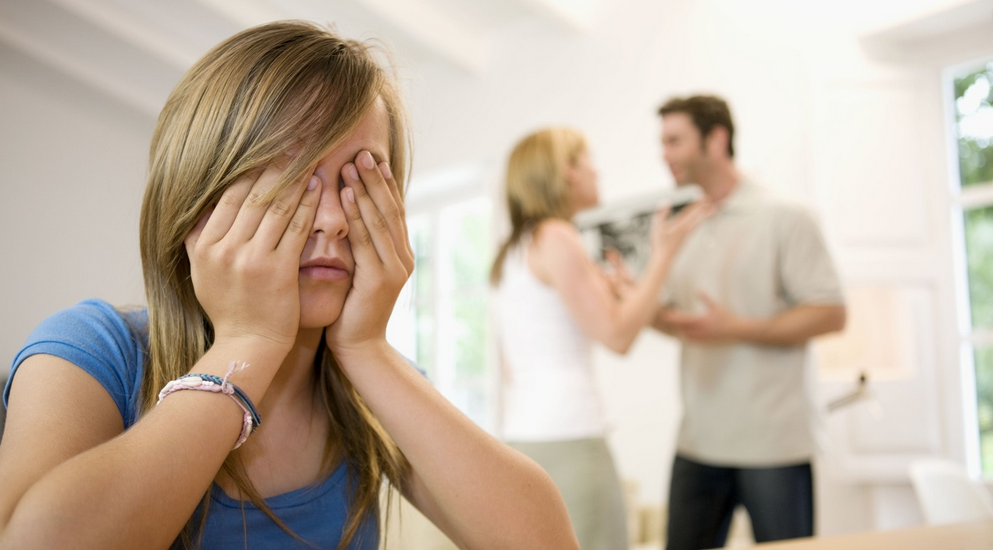 Thus, conflicts of loyalty increase children's feelings of guilt and their fear of losing love and the need for retribution, which means that their own sense of worthiness suffers, which is already badly damaged due to guilt, fears and the consciousness that his left. nine0003
Thus, conflicts of loyalty increase children's feelings of guilt and their fear of losing love and the need for retribution, which means that their own sense of worthiness suffers, which is already badly damaged due to guilt, fears and the consciousness that his left. nine0003
In the psyche of children, there are three main defenses against conflict of loyalty.
The first is the abandonment of the departed parent, expressed in the underestimation of his value, which can refer both to his person and to its significance for the child; this path is "good" only when the child is sure that the attitude of the parent himself towards him is not in great danger. Then he can unite with the remaining parent against the departed parent. nine0003
The second is an egocentric turn towards oneself. And now the child is increasingly indifferent to what the departed parent thinks or feels. A variant of this may be a selfish desire only to receive: if I cannot receive anything with love, or if I am not allowed to love the way I want it, then I will begin to extract from this situation as much as possible that I can extract from it. At the same time, material aspects acquire the greatest importance, and often children begin to push their parents against each other in order to achieve their interests. nine0003
At the same time, material aspects acquire the greatest importance, and often children begin to push their parents against each other in order to achieve their interests. nine0003
The third possibility of overcoming internal conflicts is to reduce the value of one's own person. The feeling of inferiority that develops in this way can be expressed as follows: “I know that I shouldn’t love dad so much (according to mom), but I can’t help it. However, I am unable to fulfill my father's expectations and completely take only his side. I know I hurt both of them. But what am I to do if I continue to love both of them and am unable to refuse either of them! I know that this is bad and that I am simply too weak and not worthy of love myself ... ". Thus, the child's love in his own eyes becomes a kind of "disease" that he is ashamed of, but still cannot get rid of. nine0003
Hatred, torment and suffering in the inner world of such grown children become inseparable attributes of love! This means that I must inevitably despise, torment and hate those people whom I love.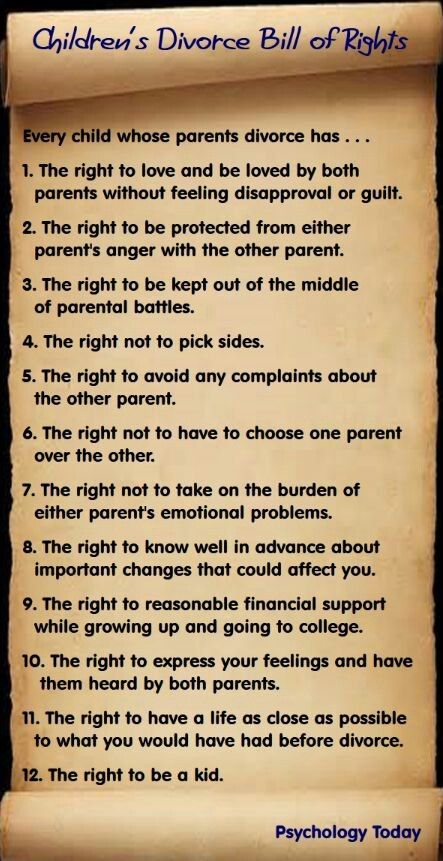 But it also means that I can only feel loved when I am despised, tortured and hated. For such people, the boundaries between pleasure and displeasure, between good and evil are blurred. This pathology is very similar to that suffered by people who experienced violence or sexual abuse in childhood. nine0003
But it also means that I can only feel loved when I am despised, tortured and hated. For such people, the boundaries between pleasure and displeasure, between good and evil are blurred. This pathology is very similar to that suffered by people who experienced violence or sexual abuse in childhood. nine0003
In conclusion, I want to emphasize that the continuation of the relationship with both parents after a divorce is vital for the child!
1. Bowlby John. Attachment: Per. from English. – M.: Gardariki, 2003. – 477p.
2. Bowlby John. Making and breaking emotional bonds. - M.: Academic project, 2004. - 232 p.
3. Avdeeva N.N., Khaimovskaya N.A. The development of self-image and attachments in children from birth to three years in the family and children's home. — M.: Meaning, 2003. — 152p. nine0003
4. Shipitsyna L.M. Sh63 Psychology of child theft: a study guide.
5. Helmut Figdor Children of divorced parents between trauma and hope. PSYCHOANALYTICAL RESEARCH. Translation from German by Diana Vidra Moscow, "Nauka", 1995
PSYCHOANALYTICAL RESEARCH. Translation from German by Diana Vidra Moscow, "Nauka", 1995
6. Helmut Figdor The Troubles of Divorce and Ways to Overcome Them, Moscow Psychological and Social Institute, 2006
How parents' divorce can affect the psyche and behavior of children - Yulia Gridasova
Normally, when parents love their children and children love their parents, divorce inevitably becomes stressful for both adults and children. How everyone copes with stress depends on the relationship between the parents, their emotional maturity and psychological stability, their ability to share the roles of "husband" and "parent", on their willingness to cooperate after a divorce.
Marriage ends between a man and a woman, but they are still parents. And now they have a new task: to remain good parents and create new relationships with each other. Guilt, mutual resentment, anger, pain, and even grief are those difficult feelings and states that often accompany a divorce.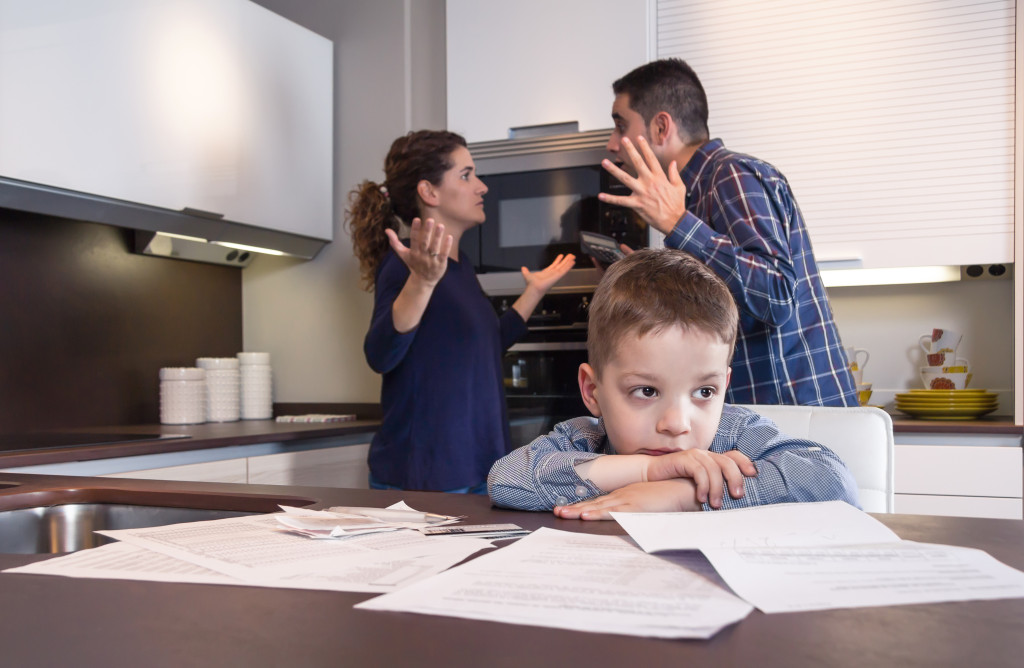 The consequences of divorce for children can be of varying degrees of intensity, but in any case, the child needs to be helped to adapt to new conditions. nine0003
The consequences of divorce for children can be of varying degrees of intensity, but in any case, the child needs to be helped to adapt to new conditions. nine0003
Main effects for different ages
Children of parents whose divorce did not go well have significantly more difficulties in self-realization and adaptation. They have more health problems and are three times more likely to develop psychological problems. According to research, the impact of parental divorce on children is great. 25% of children from divorced families have social, emotional and psychological problems, compared to 10% of children from intact families. But this does not mean that parents need to preserve the facade of the family just because there are such risks. By the way, if there are two or more children in the family, it is easier for them to survive a divorce. Moreover, A competent, amicable divorce with the preservation of normal parental relationships is experienced much better than the preservation of a family full of conflicts, dislike or even violence.
Many children feel guilty about the divorce of their parents. They have magical thinking, it may seem to them that some of their thoughts or actions influenced the decision of their parents. In family conflicts, children often act as mediators, trying to reconcile mom and dad. They literally take responsibility for adult relationships. If parents often quarreled because of different views on parenting, then the likelihood of a child feeling guilty increases. nine0003
Sometimes, after the divorce of parents, a little person has to grow up faster. There is a redistribution of responsibilities in the family, the financial situation is changing. The older children take on some of the care of the younger ones. It also happens that children seem to change roles with their parents and begin to care about who the divorce hurt the most. If the financial situation of the family after the breakup of the marriage has become unstable, this also affects the children. They may feel guilty about their own needs, or they may become angry if mom or dad doesn't allow for more of the standard of living they had before.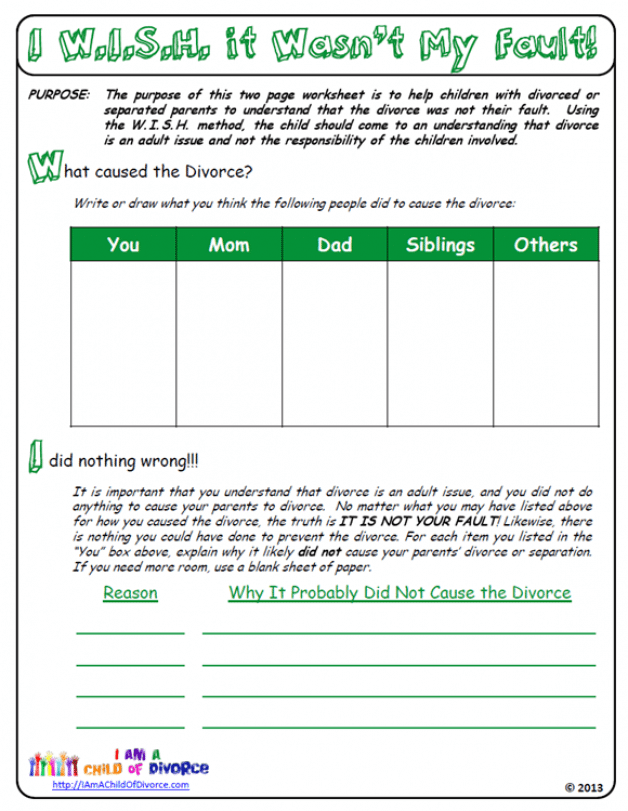 nine0003
nine0003
Children under 3
At this age, it is especially important for children to be close to stable significant adults who will take care and protect. If the mother is emotionally torn, depressed, the child feels it very much. Of course, at two or three years old, a person is not able to understand all the intricacies of relationships, but he can definitely be afraid that one day everyone can leave him, even the parent who stayed. That’s why it’s so important, like on an airplane, “first give yourself an oxygen mask, and then the child.” Also at this age, there may be problems with sleep, nutrition, the gastrointestinal tract, the mood of the child - there is tearfulness and an obsessive desire to constantly be in the hands of the parent. nine0003
3 to 5 years
The little man grows up, but the separation of his parents is still stressful for him. At this age, the child experiences his crisis of three years - a natural period in his mental development.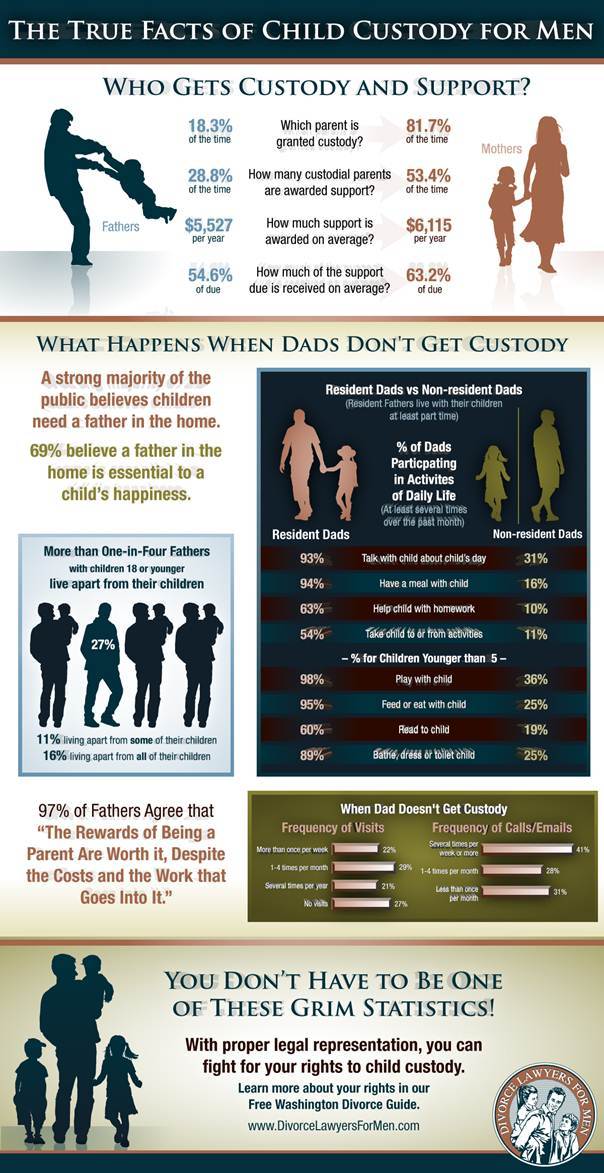 It can be accompanied by negativism, stubbornness, self-will, rebellion. If severe stress occurs during this period, then the symptoms of the crisis may worsen. Often stress affects the immune system, chronic diseases can worsen. The child may be afraid that he will never see one of his parents again, or that someday his parents' love for him will end. nine0003
It can be accompanied by negativism, stubbornness, self-will, rebellion. If severe stress occurs during this period, then the symptoms of the crisis may worsen. Often stress affects the immune system, chronic diseases can worsen. The child may be afraid that he will never see one of his parents again, or that someday his parents' love for him will end. nine0003
6 to 12 years old
The child may feel abandoned, betrayed. May become more anxious, shy. School performance often drops during stressful periods. They can be aggressive with peers, misbehave. Sometimes at this age, as in earlier periods, enuresis and encopresis appear.
Adolescence
A teenager may behave aggressively towards a parent whom he considers guilty of a divorce. Another feeling that arises in children is shame. This is especially true for teenagers. It is difficult for them to share with their peers that there have been dramatic changes in the family. A teenager is already going through a crisis of his age, additional stress can aggravate it.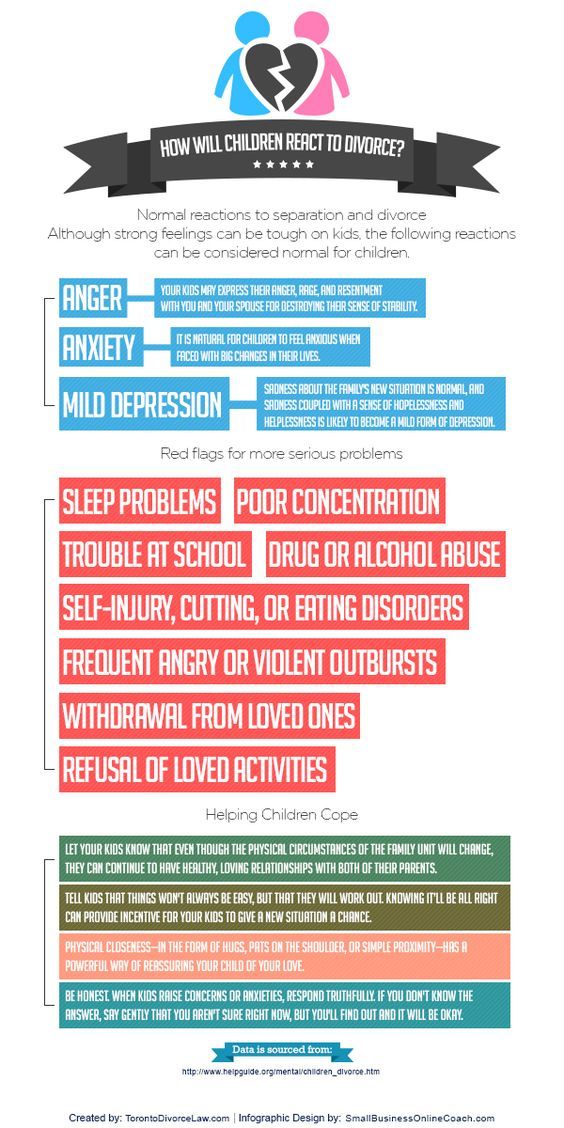 Sometimes at this age, children leave home, behave defiantly, threaten to leave to live with another parent, and so on. nine0003
Sometimes at this age, children leave home, behave defiantly, threaten to leave to live with another parent, and so on. nine0003
The division of consequences by age is rather conditional. How divorce will affect a child depends on his type of temperament, relationships within the family, relationships with each parent and parents among themselves. Also a big role is played by how parents behave after the decision to divorce.
How to behave properly in a divorce
Getting a divorce "properly" is not an easy task. Divorce itself is a multi-layered process. Many feelings and conditions - from pain to relief - inside each spouse, unspoken grievances. Unfulfilled joint plans and dreams, shared memories, living space, furniture, bills, debts… Legal issues, division of property, empty shelves in the apartment. Silent questions “how will my life turn out now?”, “why is this happening to me?”, “who am I now?”, “can I ever love again?”, “when everything went wrong?” And the children: with whom will they stay, how to visit, how to make decisions, is it necessary to change housing and school? nine0003
Behind all this heap, one can not even remember that the little man next to him is shocked and frightened.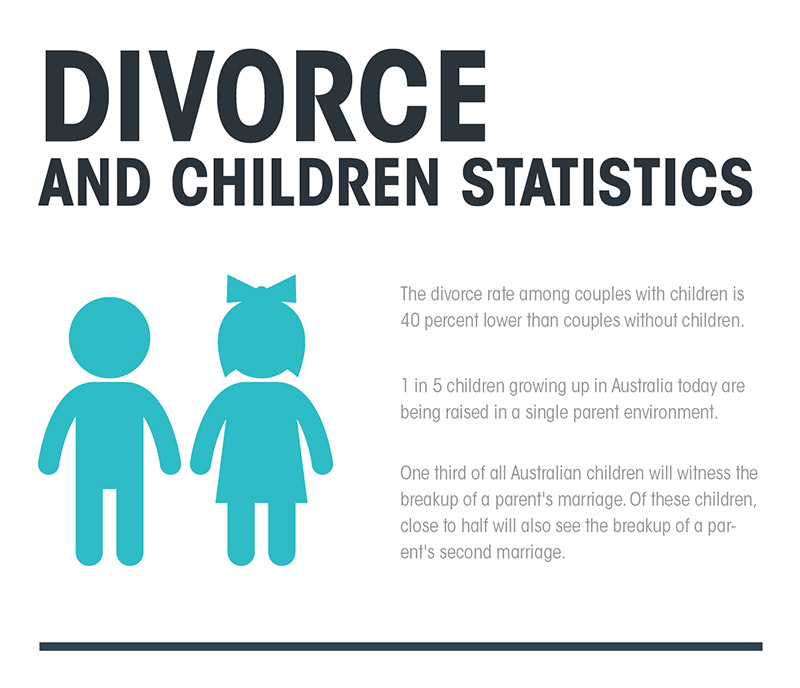 And he is alone with his experiences. Many children will never tell you what they are going through. They see that you already have a lot of worries in your mouth, why bring additional trouble? During this period, you will have to do adult things, while taking care of yourself and your child.
And he is alone with his experiences. Many children will never tell you what they are going through. They see that you already have a lot of worries in your mouth, why bring additional trouble? During this period, you will have to do adult things, while taking care of yourself and your child.
The consequences of a divorce, in which parents shower each other with mutual reproaches, scandals, fights, pull the child like a rope, will differ from the civilized version. How the divorce will be depends on the quality of the relationship. When the relationship is painful and traumatic for all involved, the child is already suffering. This happens especially often if one of the partners suffers from alcohol addiction or behaves aggressively. Sometimes children who grew up in such conditions say to me in counseling: “I wanted them to get divorced. The way my mother suffered was unbearable. I wanted dad to leave and this nightmare would end.” Even if at first glance divorce is perceived as a relief, this does not mean that it is not stressful.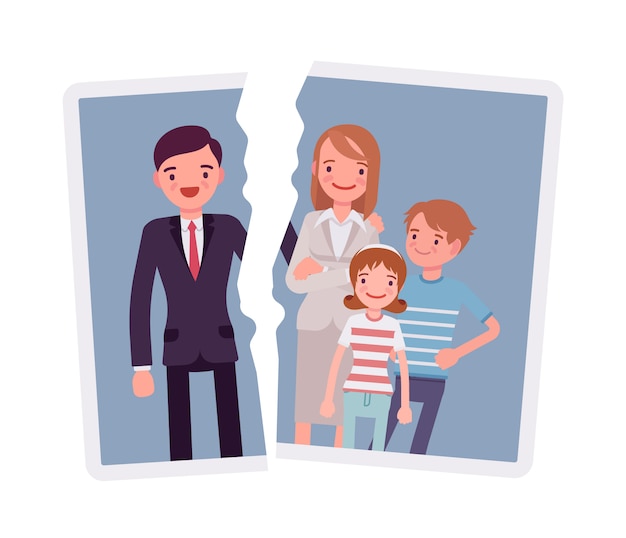 The stress just started long before the divorce. No matter how the parents behave, no matter how they quarrel, the children love them. nine0003
The stress just started long before the divorce. No matter how the parents behave, no matter how they quarrel, the children love them. nine0003
How to avoid traumatizing a child in a divorce
Rule #1: Take care of yourself
The brain of children continues to develop, the areas responsible for will, regulation, decision-making are far from the state of an adult. Therefore, children "connect" to the brain of their parents: they inherit the behavior of their parents, learn how to survive stress, how to relate to themselves and others, how to react in general. If the psyche of mom and dad is shattered, then the child has nothing to “connect” to in particular. Take care of your emotional and mental state. You will need emotion regulation skills. If you find it difficult to cope, seek help and support. nine0003
Rule #2: Take care of the baby
If the child's age allows, ask the child about what is bothering him, how he feels. Respond to his feelings. Refrain from devaluing and downplaying his feelings. Even if the child does not say anything, this does not mean that what is happening does not excite him or hurt him. Explain to your child why mom and dad will no longer be together. Tell your child that your breakup is not his fault, that you remain his parents and will always love and care for him. nine0003
Refrain from devaluing and downplaying his feelings. Even if the child does not say anything, this does not mean that what is happening does not excite him or hurt him. Explain to your child why mom and dad will no longer be together. Tell your child that your breakup is not his fault, that you remain his parents and will always love and care for him. nine0003
Rule #3: Explain how life will change now
Tell your child if you will be moving, if you will have to change schools, how often he will be able to see the other parent who now lives separately, how to maintain relationships.
Rule #4: Allow yourself to get over a divorce
Breaking up a relationship is a loss, even if you were the initiator. And like any loss, it must be experienced. Do not try to freeze your feelings and pretend that nothing happened. It is important for you to live it well. Give yourself time, space, ask for the support of your loved ones. If you heal your own pain of relationship loss, you can be a better parent for your child. nine0003
nine0003
Take responsibility for choosing this person at some point. Without self-accusations and accusations of others. It's just a fact. Forgive yourself. Either for this choice, or for the fact that you and your child had to suffer because of a divorce. Accept that you are no longer together. It is not so important what happened, what is important is how to transform the situation to the best side for yourself and your child. Put an end to anger and fighting. Choose a healthy relationship in a new environment.
Rule #5: Take Care of Relationships
One study found that when parents interacted with each other in a healthy manner and skillfully resolved conflict, their children ended up doing well. It could be said that they were almost unaffected by their parents' divorce. Refrain from negatively comparing the child to the other parent in the spirit of "You're as crazy as your mother!" or “You are all like your father!”
Do not set the child against mom or dad. What happened between the parents is their domain. Do not turn your child into a girlfriend or a psychologist by complaining for hours on end about the shortcomings of a partner. Don't force him to take sides. The child unconsciously identifies with the parents, when you express yourself negatively about the second parent, you directly affect the child's self-esteem. After a while, the child may believe that he, too, is bad. nine0003
What happened between the parents is their domain. Do not turn your child into a girlfriend or a psychologist by complaining for hours on end about the shortcomings of a partner. Don't force him to take sides. The child unconsciously identifies with the parents, when you express yourself negatively about the second parent, you directly affect the child's self-esteem. After a while, the child may believe that he, too, is bad. nine0003
During a divorce, all problems, claims and grievances are aggravated, black-and-white thinking appears. You can seem to forget all the good things that united you with this person, and throw some curses at him. For every negative phrase about a former partner with a child, there should be at least two positive ones. But even alone with yourself, try to balance the negative with a share of the positive.
Rule #6: Cooperate with your ex-spouse
Parents should be concerned not only with “how to get a divorce,” but also “how to build a life after a divorce.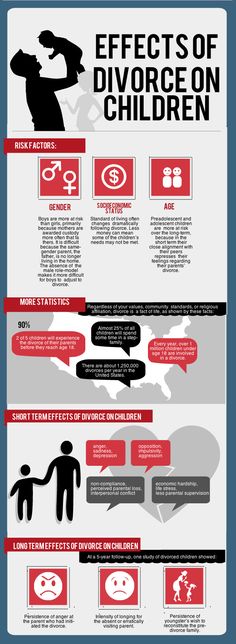 ” Ending a marriage does not mean ending a relationship—it must now be transformed. You are no longer spouses, but still parents. nine0003
” Ending a marriage does not mean ending a relationship—it must now be transformed. You are no longer spouses, but still parents. nine0003
Experiences from the realm of marriage should not affect the child. I know women who try to punish their ex-husbands with the help of a child: limit communication, do not leave them alone, allow them to come only on the day alimony is issued, convince the child that dad is bad or “we don’t have dad anymore”, sometimes they even lie about the health status of the child. Your child cannot be a pawn or a battlefield.
Now you need more discipline and a stable presence in your child's life. When everyone lived together, it was an easy task. Now it is important to agree with the former partner on the schedule of visits, the opportunity to see each other outside the schedule, on how to resolve issues of education. nine0003
Sometimes ex-spouses experience gloating if their former partners experience difficulties and setbacks after a divorce.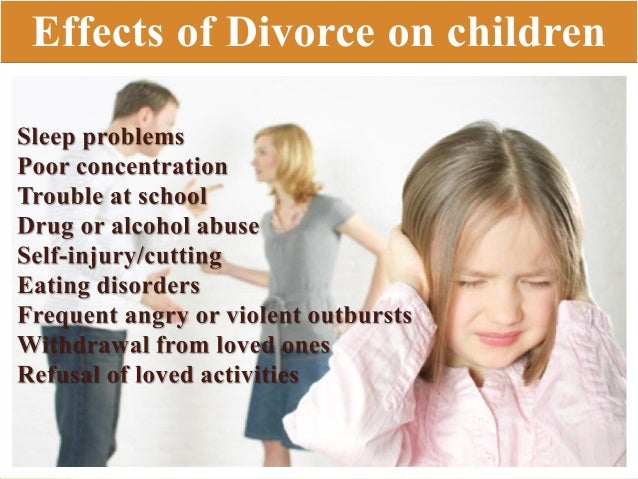 You must remember that the success and happiness of the former partner directly affects the emotional state of your child. If you're trying to harm - emotionally, financially, socially - your ex-spouse, you're hurting your own child. Do not try to show the child “who loves him more here”, in fact, the effect is the opposite.
You must remember that the success and happiness of the former partner directly affects the emotional state of your child. If you're trying to harm - emotionally, financially, socially - your ex-spouse, you're hurting your own child. Do not try to show the child “who loves him more here”, in fact, the effect is the opposite.
Rule #7: Help your child stay connected to the other parent
When you forgive an ex, you are teaching your child to forgive. When you help yourself through a divorce, you are teaching your child that self-care is important.
Sometimes it happens that the second parent stops appearing after leaving the family. He no longer calls the child, does not come, forgets about birthdays. Try to help him see the damage from such actions, go to a psychologist together. If all else fails, help your child get through this loss without falling into the accusations of an ex-spouse. Find out how he feels, express your love and support, say you're sorry.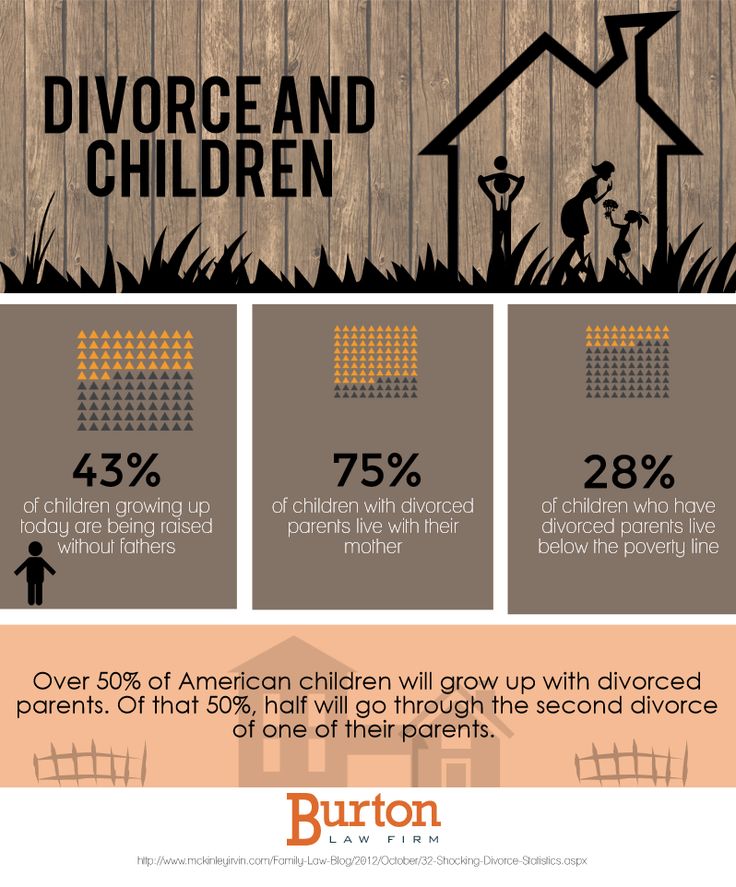 nine0003
nine0003
Such episodes spoil the relationship between the departed parent and the child. And it is very painful for the second. To help build a better relationship between your child and your ex, do the following:
- Write down two good things about your ex.
- Tell your child about them. It's really important that a child hears good things about a parent who no longer lives with them.
- Together with your child, make a list of positive qualities of the second parent. It can be difficult, but such a step is important. nine0190
- Promise yourself that you will not speak negatively about your ex.
- Create new traditions. Now let there be breakfast on Saturdays with another parent, for example.
Rule #8: Just be a good enough parent to your child
Don't just be around the child - be present. Set aside the phone, computer, thoughts about work, tomorrow. Just and sincerely spend time with your child. Empathize with him, be interested in his affairs, even if the child is very small.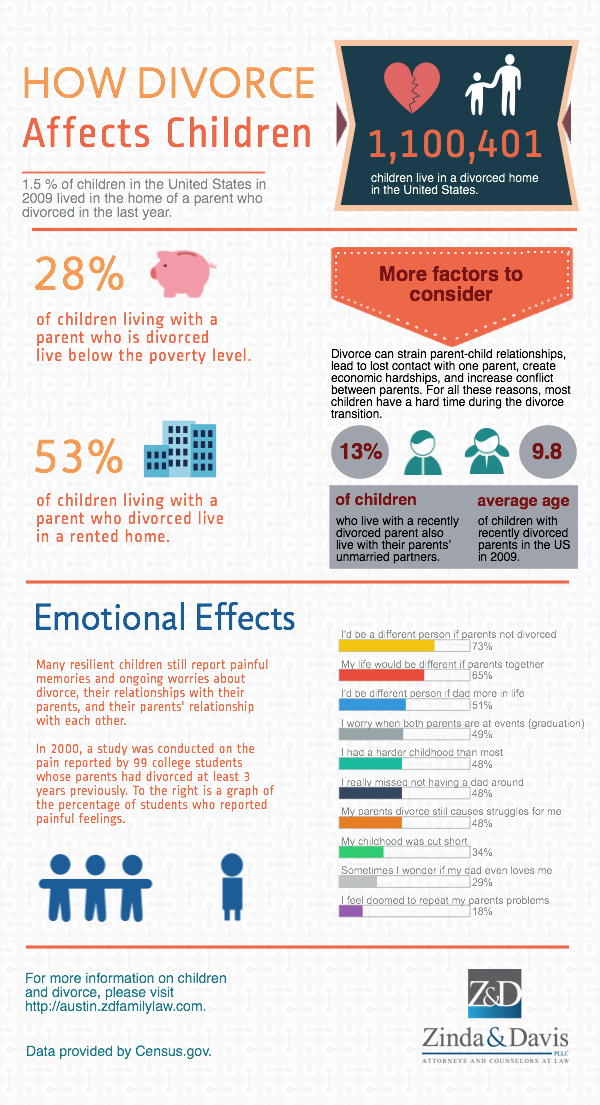 Hug and kiss him, walk with him, take care of him. Learn to apologize to your child if you did something wrong. Try to keep promises. Thank your child, rejoice in his success. Replenish all of his basic needs as much as possible. nine0003
Hug and kiss him, walk with him, take care of him. Learn to apologize to your child if you did something wrong. Try to keep promises. Thank your child, rejoice in his success. Replenish all of his basic needs as much as possible. nine0003
Sometimes parents think that taking their child to a psychologist is a great solution anyway. But this is not always worth doing. First of all, it is better to consult a psychologist yourself or with a former partner. The child should be referred to a specialist if the following signs are present:
- the child's state and mood have changed dramatically;
- developed intense anxiety, aggression, fears, enuresis, encopresis, gastrointestinal problems, withdrawal, problems with peers or at school; nine0190
- he stopped talking or doing other normal activities,
- and things only get worse with time.
Divorce of parents is a painful process for a child, but it is not able to destroy his life on his own.

